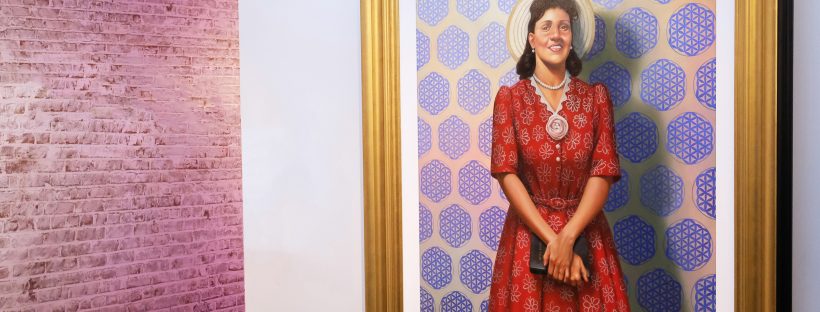Earlier in my public health career, I lived in Baltimore, Maryland. There I met a successful nurse practitioner with whom I maintained a close connection even after I relocated to Rochester, New York. Angel and I shared similar interests in community health. Over the years, we traded stories of our professional experiences and inspired each other to improve the health and well-being of the communities where we lived and worked.
One day, Angel told me about a book she was reading, The Immortal Life of Henrietta Lacks, by Rebecca Skloot.
I had never heard of Henrietta’s story. But as a health care leader, I was deeply inspired to learn more about her life. I would soon learn that Lacks played a monumental role in modern health care. As I learned more about her, I developed a deep connection with her.
The Mother of Modern Medicine
Henrietta Lacks was born in the 1920s in Roanoke, Virginia. Like most African-Americans living in the South during that time, Lacks was deeply disenfranchised by racism and Jim Crow policies and had no access to education or health care. In the early 1940s, she and her husband moved to Baltimore for economic opportunities. When she was barely 30 years old, she was diagnosed with an aggressive form of cervical cancer at Johns Hopkins Hospital, which was one of the only hospitals that provided health care to African-Americans during that time.
While receiving treatment for cervical cancer, Lacks’s cancerous and non-cancerous cells were removed from her body without her knowledge. While this would be regarded as shocking now, it was a common practice back then.
Then her healthy and malignant tissues were acquired by a cancer researcher who had been trying to successfully clone human cells for years. Lacks’s “HeLa” cells were the first and only cells to survive and multiply exponentially. They were also the first cells to be successfully cloned. This was a huge breakthrough not only for cancer research, but for medicine in general.
Henrietta Lacks tragically died at the age of 31, nine months after her diagnosis. Her cells, however, lived on. As news spread about the immortal cells, Johns Hopkins shared the HeLa cells with many other research institutes.
How HELA Cells Transformed Health Care
Over time, the HeLa cells were used to help develop the polio vaccine, AIDS and chemotherapy treatments, in vitro fertilization, gene mapping and other significant medical and research breakthroughs. HeLa cells contributed to many of the Nobel Prizes given in medicine over the last 60 years.
Regrettably, Henrietta’s family did not learn about the use of her cells and how they had transformed health care until decades after her death. Neither Johns Hopkins nor the family of Henrietta Lacks ever received compensation for the cells, even though the cells ended up being used for commercial and for-profit purposes.
Skloot’s book and a movie about her life have helped spread awareness about Lacks’s story. Often called The Mother of Modern Medicine, Lacks is just now receiving the recognition she deserves for the significant part her cells have played in the development of modern medicine.
Given the significance of the HeLa cells, I think it’s important for Americans, especially health care professionals, to know this amazing story. I feel a strong connection to Lacks. We are both African-American women who lived and raised families in Baltimore. I am inspired to keep her memory alive by helping to raise awareness about her contributions to health care and by continuing the work to solve the social issues that impacted her and her family.
Thank you, Henrietta.
- Healthy Snacking Tips from a Football Party Veteran - February 2, 2022
- Why I Will Be in Line for A Flu Shot This Year - February 21, 2021
- Small Steps to Prevent Big Falls: Protecting Older Adults from Injury - February 20, 2021


